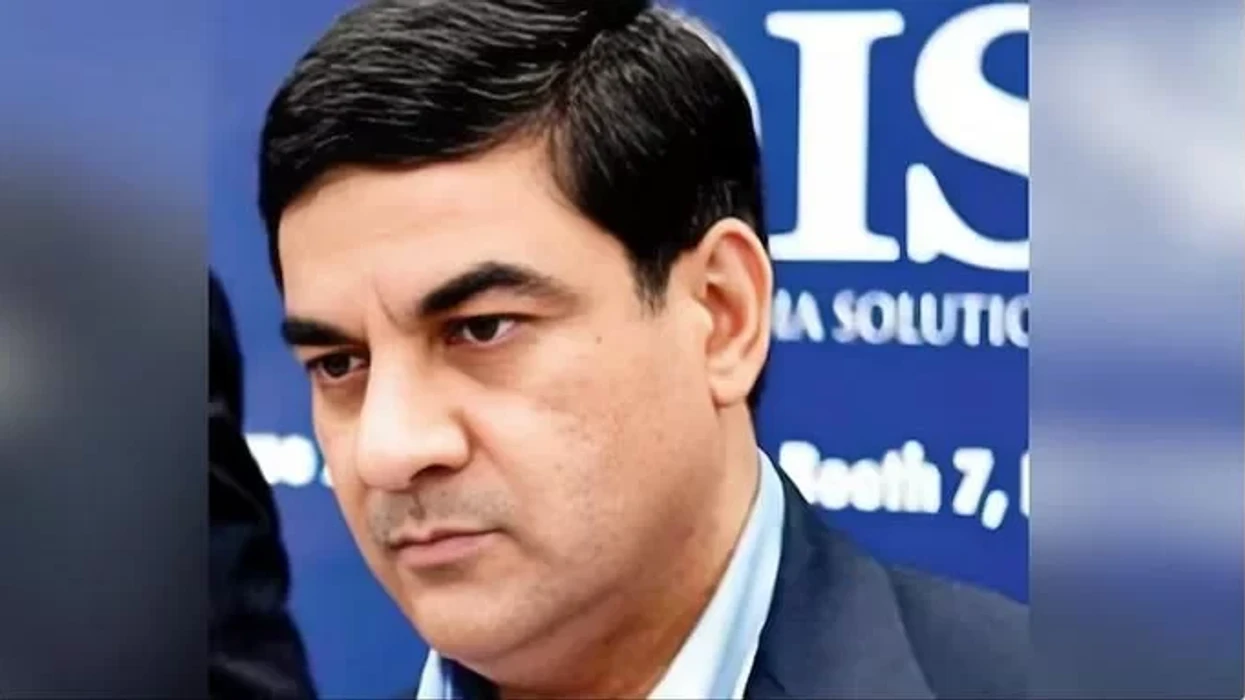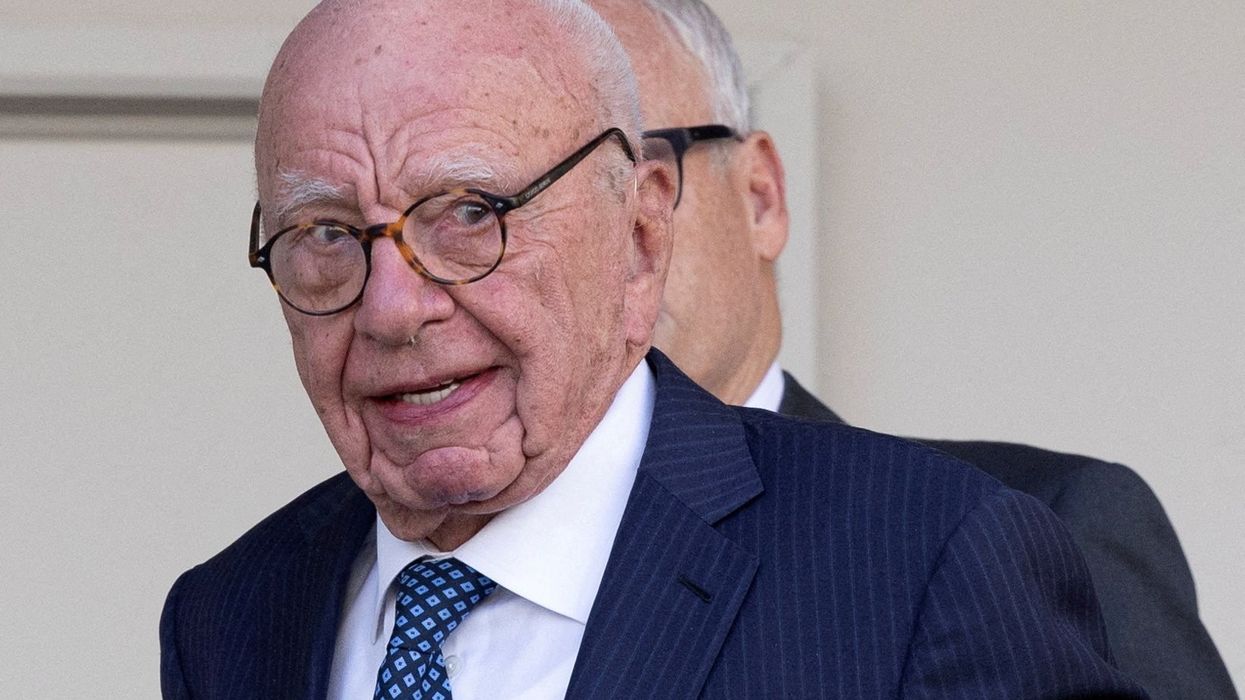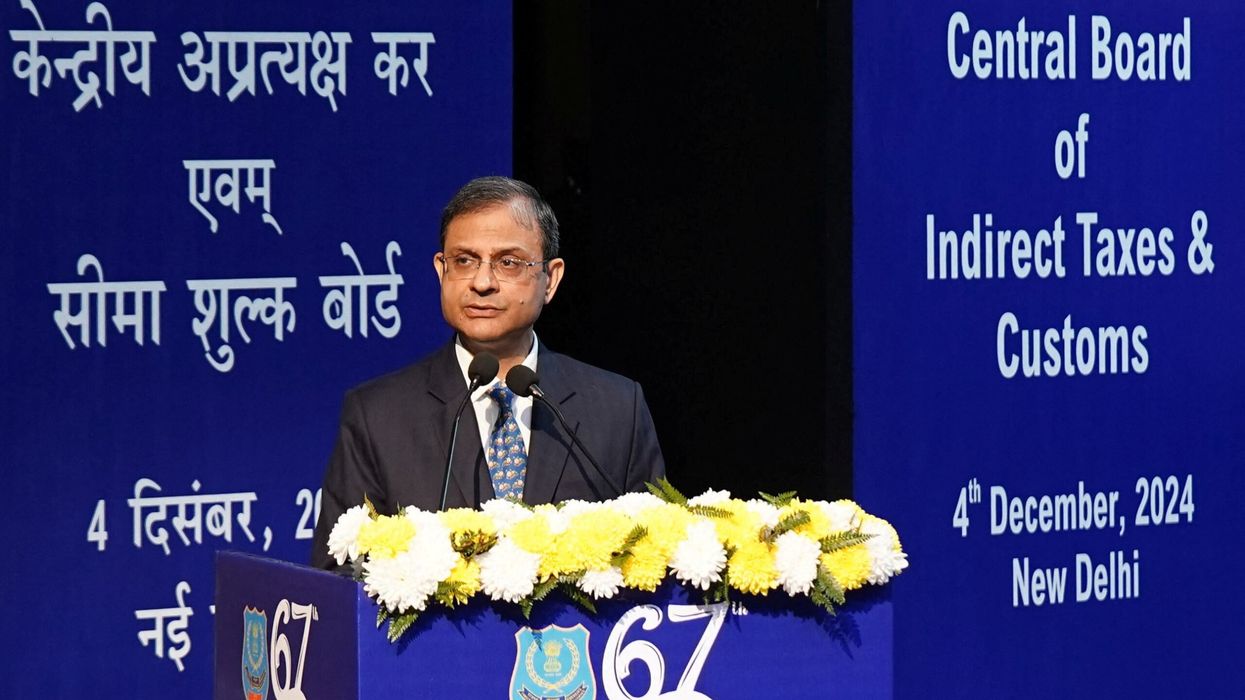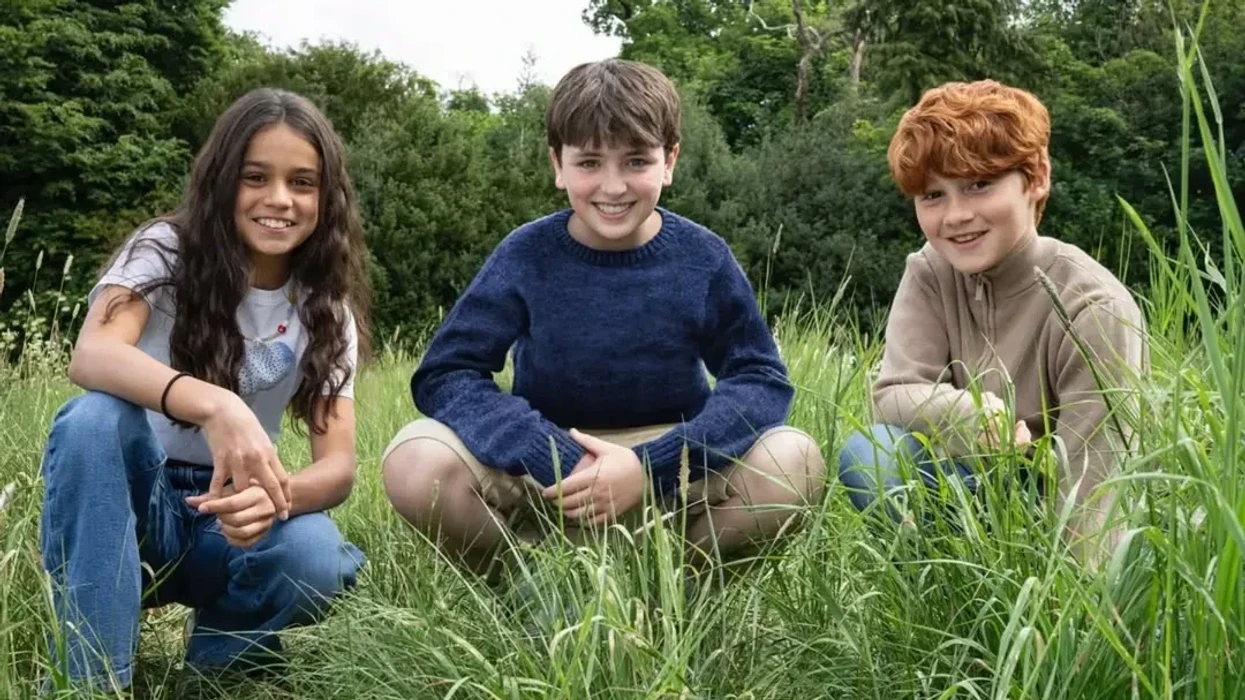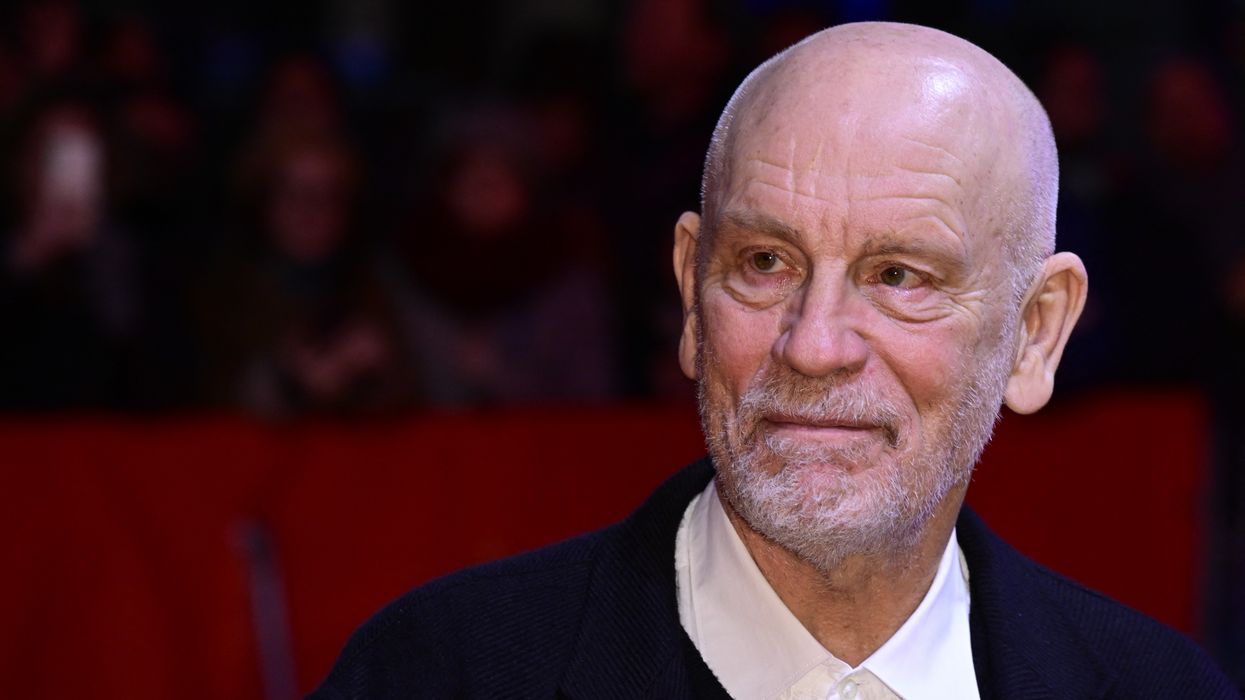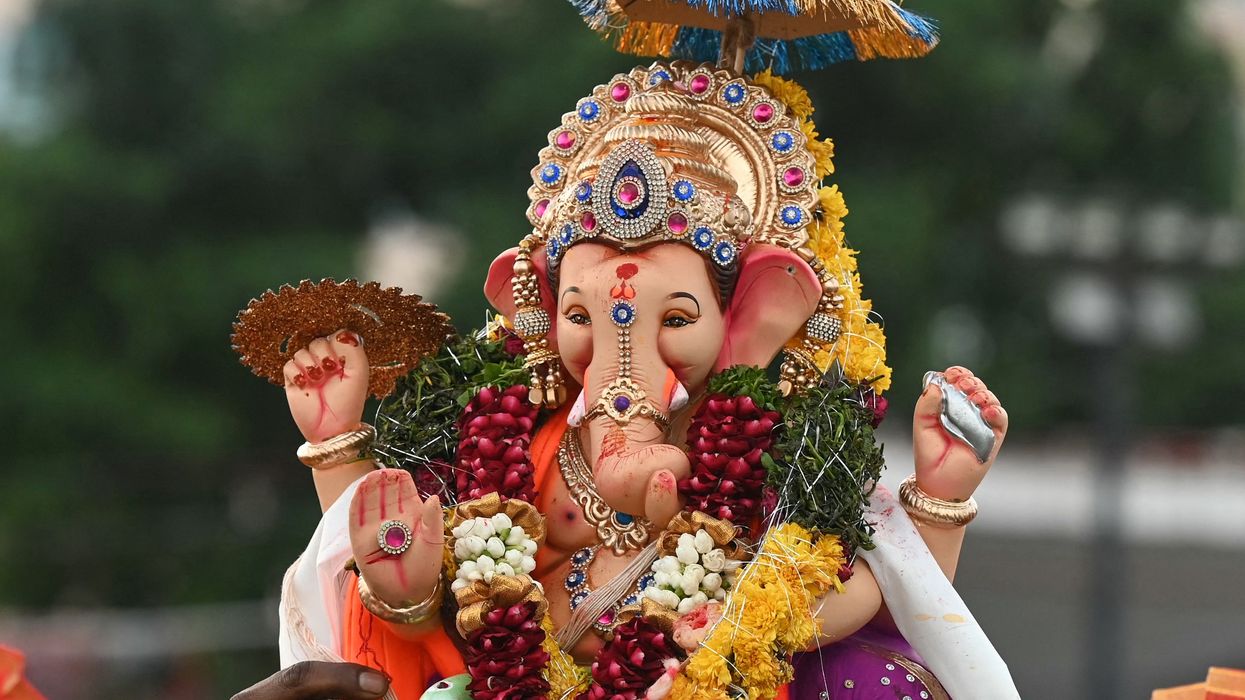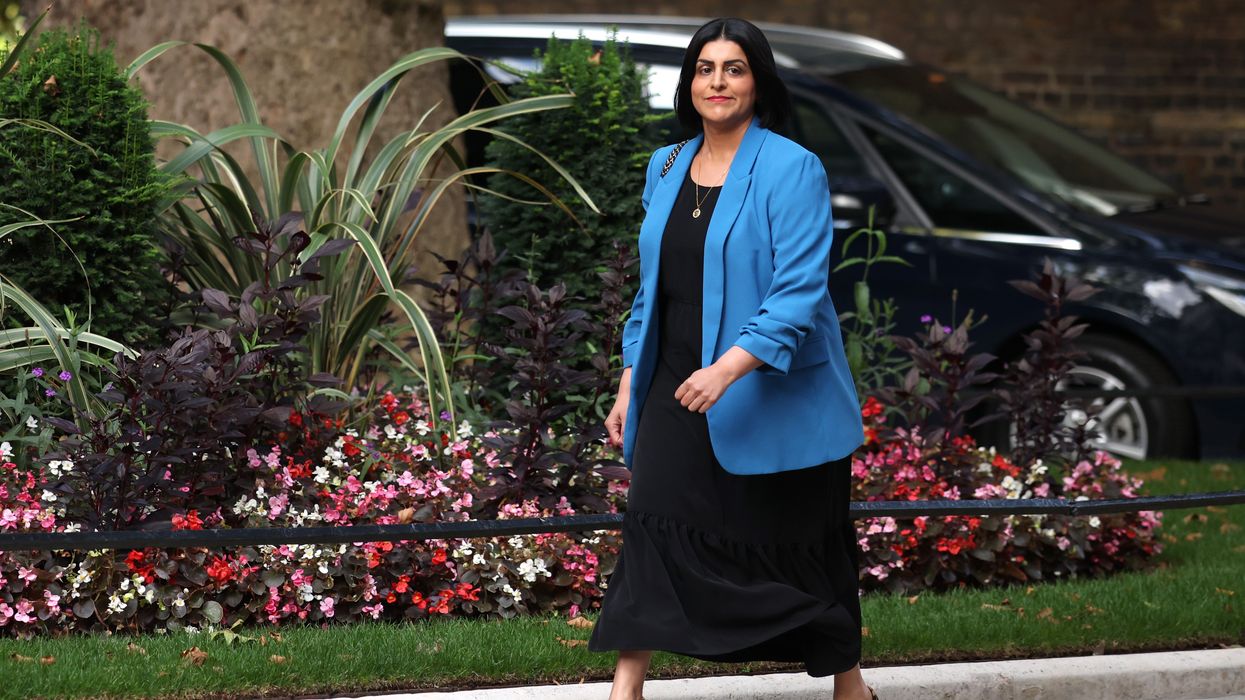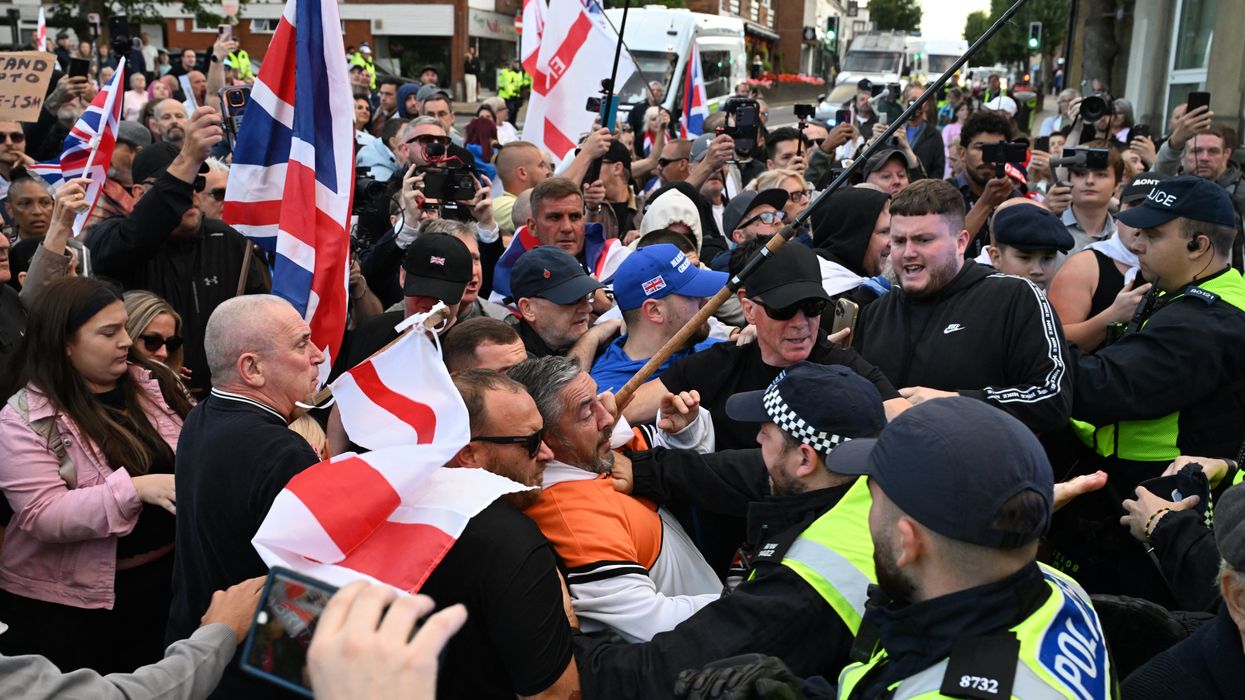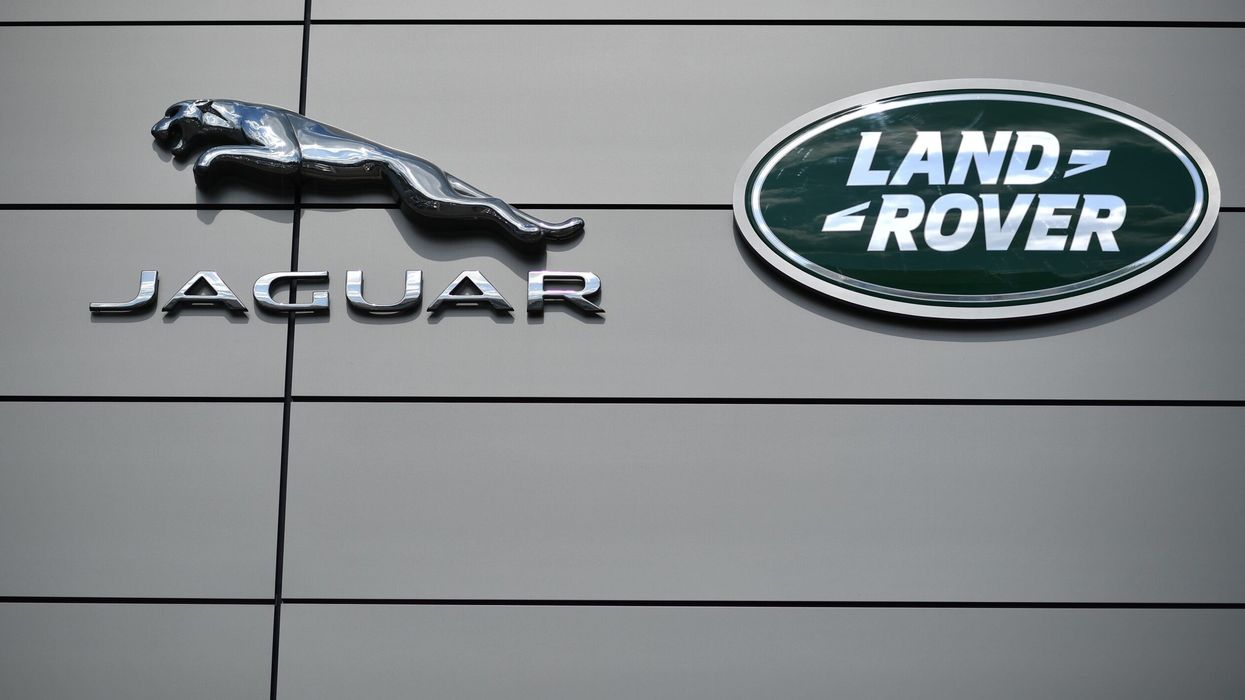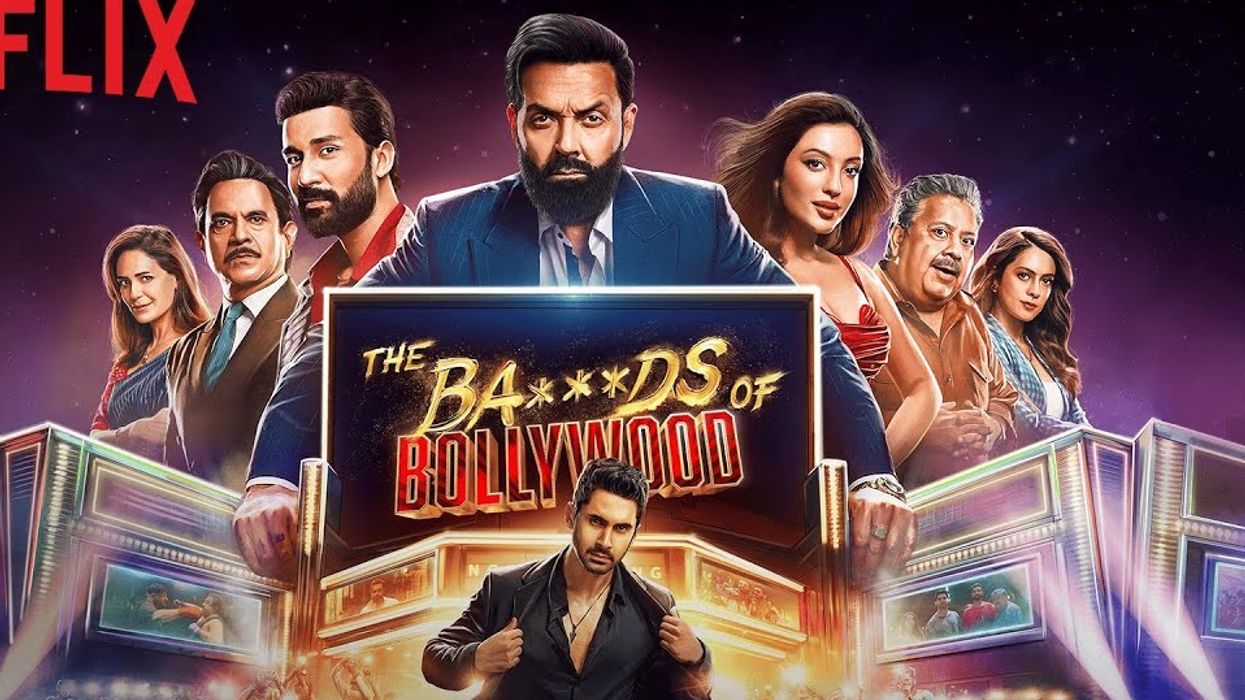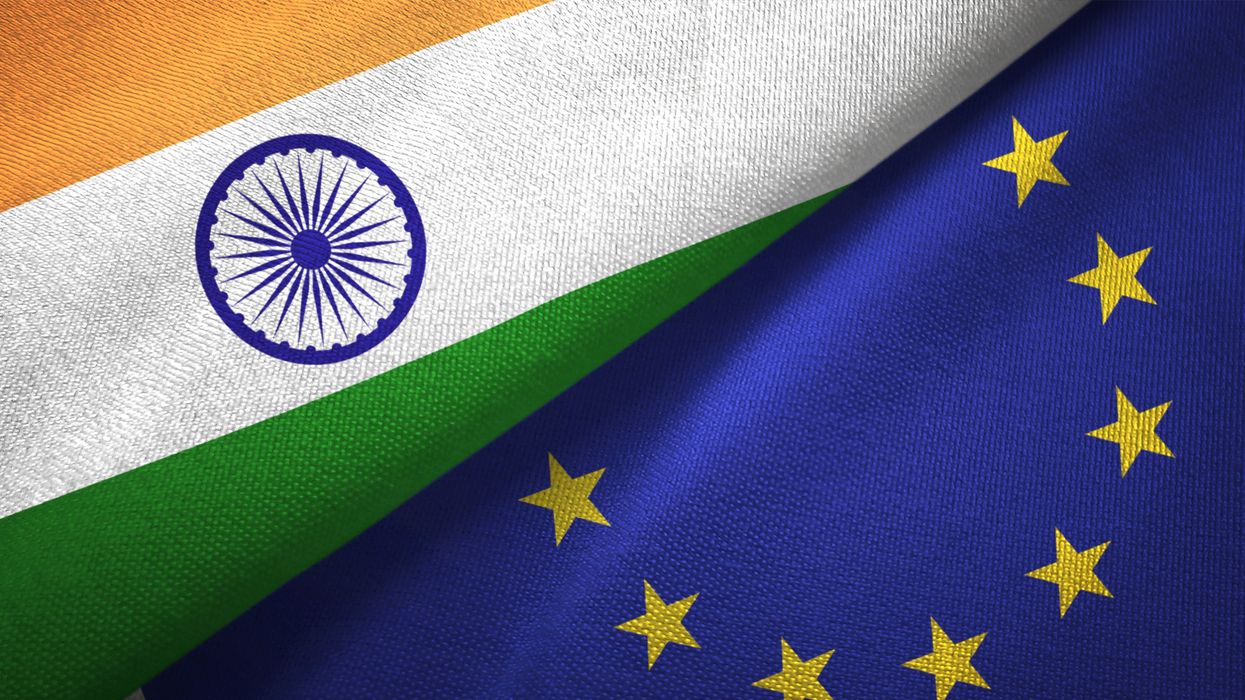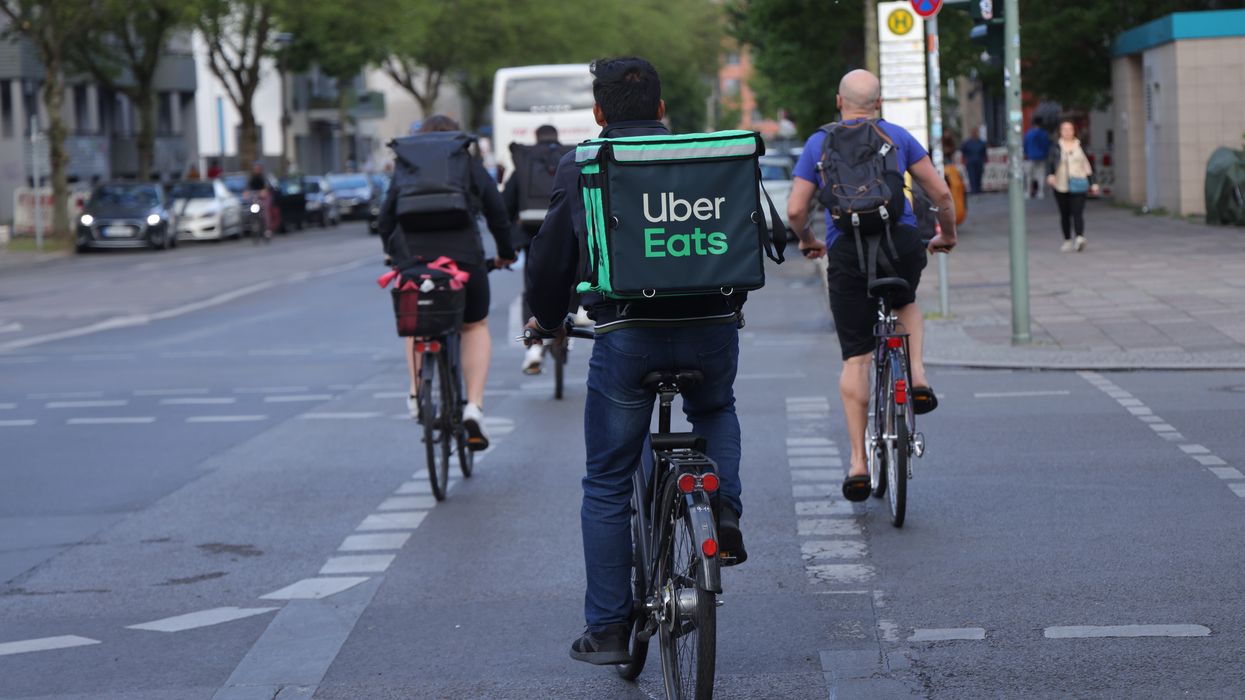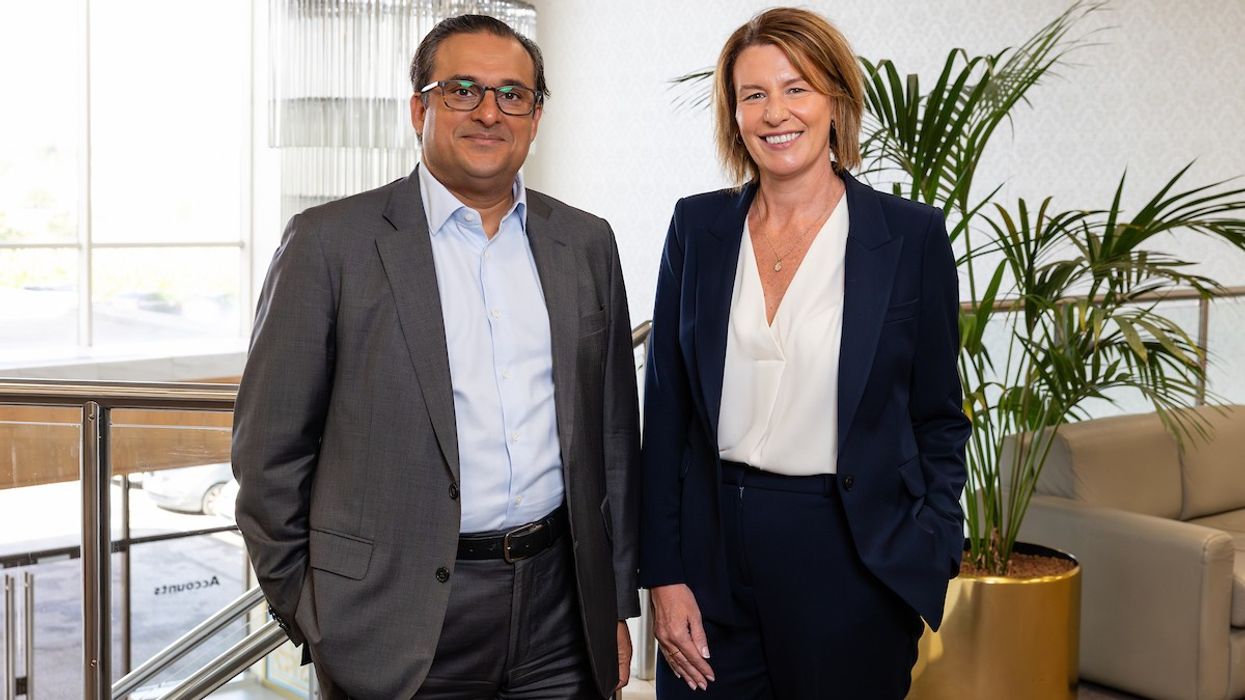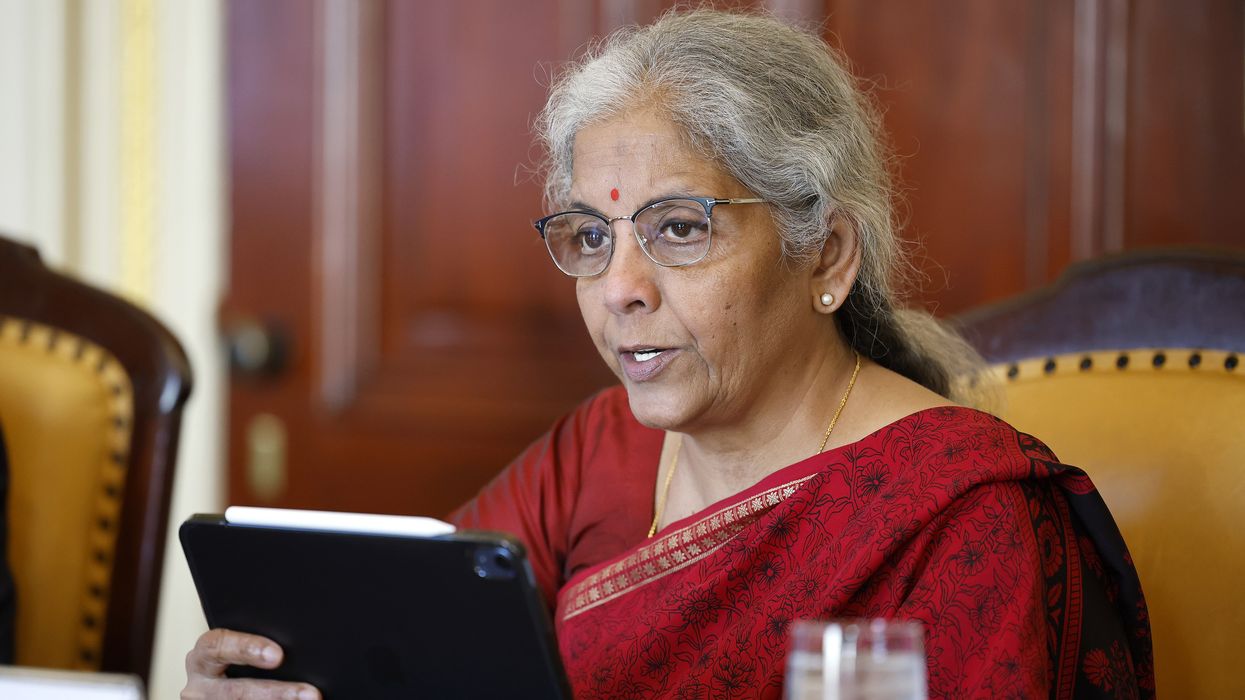"Bullet train project will not only shorten the distance between places but among people too - "Aapnu amdavad & Amchi Mumbai," said Modi.
The Prime Minister also said that the bullet train is a big gift from Japan to India. "Japan is such a friend that it gave a loan of Rs 88,000 crore at 0.1% interest," Modi said.
Japanese Prime Minister Shinzo Abe and Prime Minister Narendra Modi on Thursday laid the foundation stone for India's first bullet train project between Ahmedabad and Mumbai which is expected to be completed by 2022.
Stating that the motto of the project is more productivity with high-speed connectivity, Prime Minister Narendra Modi said, "I congratulate the people of India as we have taken a bold step to realise an old dream of a bullet train."
The bullet train project will bring employment and speed, said Modi. "Next generation growth will be around high-speed corridors. The transport system is of prime importance for a nation's development and high-speed train project will open doors for economic growth," he added
Taking a swipe at Opposition parties, Modi said, "Earlier they used to say it was big talk, and they are asking what is the need for it."
Meanwhile, addressing the crowd gathered at the Athletics Stadium in Sabarmati, Japanese Prime Minister Shinzo Abe called Modi as a visionary leader and said that Indo-Japan partnership is special, strategic and global.
"Dear friend PM Modi is a far sighted leader. He made a decision of making New India and chose Japan as a partner, we completely support it. Japan is committed for 'Make In India'," he added.
"If we merge Japan's Ja and India's I then it became 'Jai'. If we work together nothing is impossible," Abe said.
The Prime Minister also said that he hopes to enjoy the beautiful scenery of India through the windows of bullet train when he comes back here in few years.
